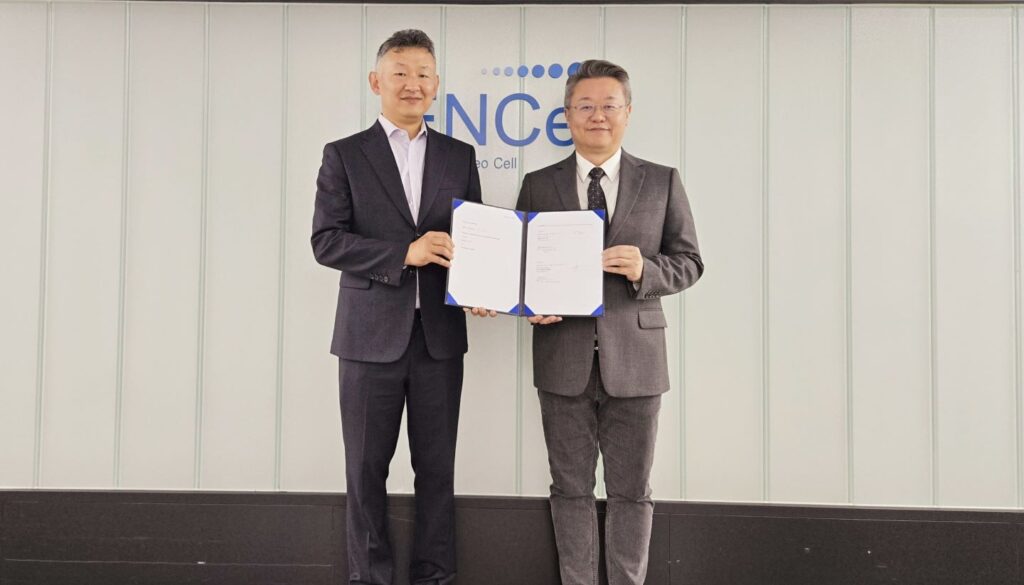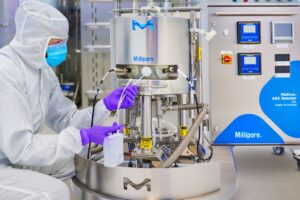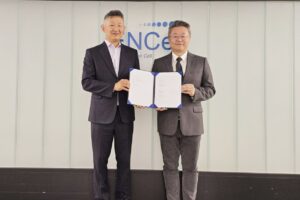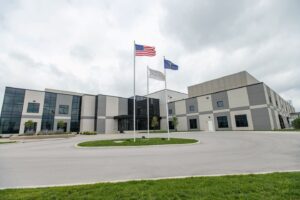ENCell has entered into a strategic alliance and licencing agreement with Lucy Biotech for EN001, a next-generation mesenchymal stem cell therapy.

ENCell and Lucy Biotech signed licencing agreement for EN001. Credit: E ENCell CO,. LTD./ PR Newswire.
Subscribe to our email newsletter
EN001, a clinical-stage mesenchymal stem cell therapy in ENCell’s pipeline, is developed using mesenchymal stem cells sourced from the early culture stage.
Preclinical studies are said to have demonstrated its potential to regenerate damaged nerves and muscles.
Last June, ENCell completed a Phase Ia clinical trial of the asset in patients with Charcot-Marie-Tooth disease type 1A.
The company is currently conducting a Phase Ib trial for Charcot-Marie-Tooth disease type 1A patients.
As per the deal, ENCell will grant Lucy Biotech the rights for the development and commercialisation of EN001 in six Asian markets: Hong Kong, Taiwan, Macau, Vietnam, Thailand, and Singapore.
ENCell is entitled to receive $1.5m in upfront payment, with potential milestone payments of up to $18m contingent on development progress, as well as royalty payments based on sales.
Based in China, Lucy Biotech specialises in biotechnology solutions that leverage anti-freeze proteins to reduce cellular, tissue, and organ damage during freezing and thawing processes.
The company aims to enhance cryopreservation technologies for a range of biotechnological applications, including cell therapy and long-term organ preservation for transplantation.
To further solidify their partnership, ENCell and Lucy Biotech have signed a joint research agreement to explore the combined use of their cryopreservation technologies.
This collaboration will involve research to assess the cryopreservation efficiency of mesenchymal stem cells.
The strategic alliance is expected to accelerate the worldwide commercialisation of EN001 and further advance technological capabilities of ENCell.
ENCell recently received investigational new drug (IND) approval from the South Korean Ministry of Food and Drug Safety for Phase Ib/IIa clinical trials in patients with Duchenne muscular dystrophy as well as Phase II/IIa trials for sarcopenia.
 Advertise With UsAdvertise on our extensive network of industry websites and newsletters.
Advertise With UsAdvertise on our extensive network of industry websites and newsletters.
 Get the PBR newsletterSign up to our free email to get all the latest PBR
news.
Get the PBR newsletterSign up to our free email to get all the latest PBR
news.

